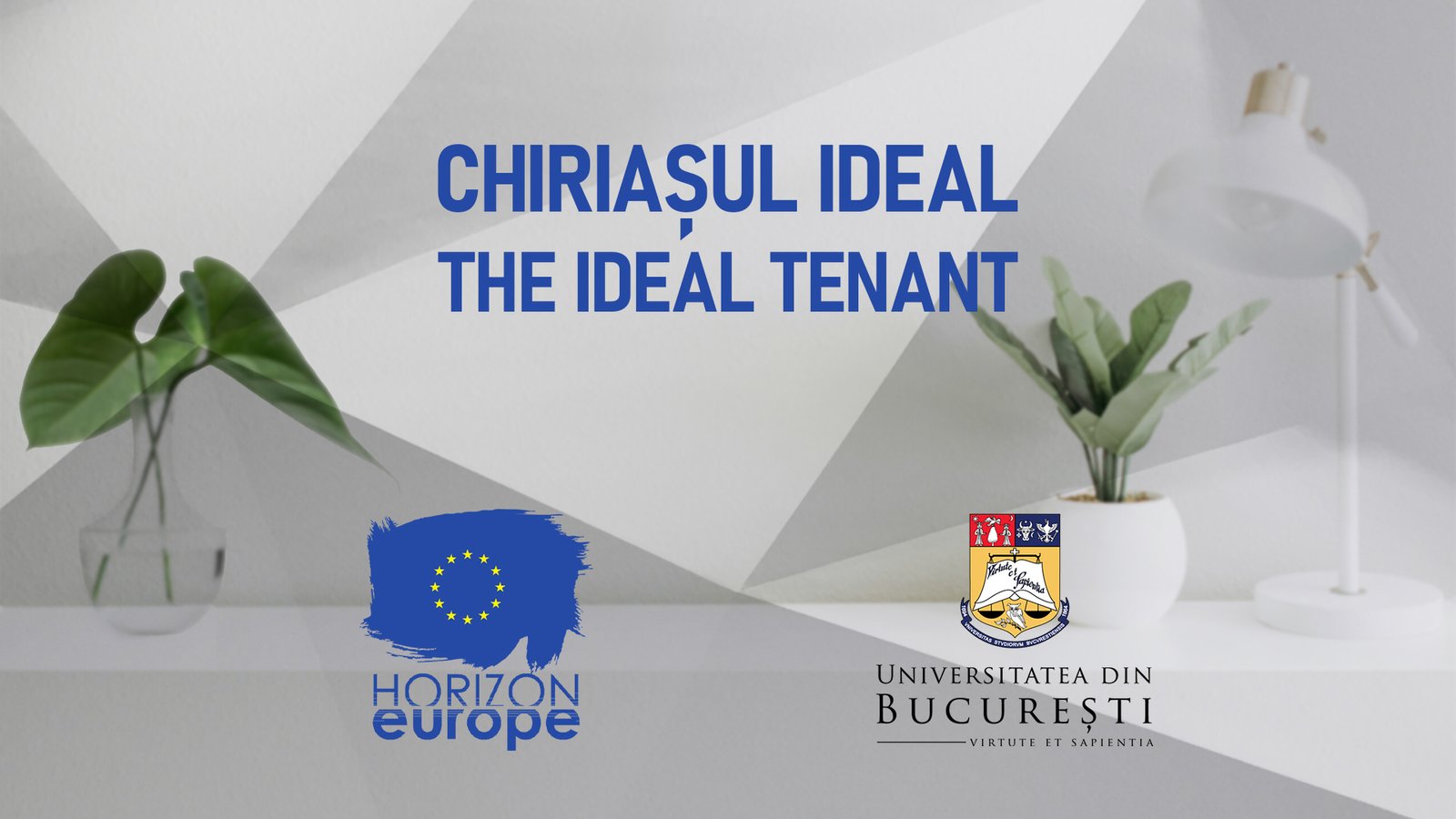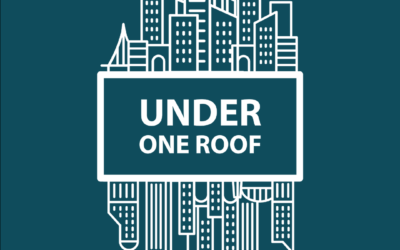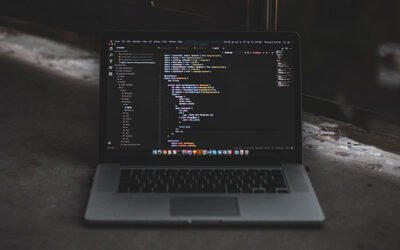The Ideal Tenant

To draw attention to an emerging private rental housing market, the project titled “Understanding tenants and landlords in Romania”, ethically approved by the University of Bucharest, invited the public to reflect on the idea of the ‘Ideal Tenant’. I warmly thank the 18 contributors (homeowners, tenants and landlords) as speaking publicly is an act of courage.
While ideals belong to the imaginary, they do nonetheless guide our expectations and actions. In the academic literature, the “Good Tenant” is one who possesses the ability to pay the rent and to care for the property. Our contributors fully agree but they highlight the need to develop a more human relationship based on mutual respect and trust, on open dialogue and understanding. Consequently:
[The ideal tenant] would be willing to communicate honestly and openly with the landlord regarding any problem that may arise and be receptive to feedback. They would encourage a relationship of respect and mutual trust.
Open dialogue and mutual understanding also relate to the fact that an ideal tenant is one “who does not leave the apartment before announcing previously”. Why? My research found that the “Disappearing Tenant”, to my knowledge a trope unheard of elsewhere, it is indeed an experience encountered by landlords in Romania. The situation commonly reflects tenants’ financial or familial difficulties as well as a weak institutional landscape. However, research interviews showed that open dialogue may persuade some landlords to agree to short rent holidays, installment plans for rent arrears or even begrudgingly accept tenants leaving with a small unpaid debt, thus minimising the accumulation of larger financial losses by delaying putting the property back on the market.
Of course mishaps or malfunctioning can happen during a tenancy. In that situation, again open dialogue is appreciated. The ideal tenant will inform the landlord soon so that repairs can be executed well (unlike other countries where asking for repairs is avoided by tenants and landlords alike):
[The ideal tenant] would inform me of any malfunction because I want to know the history of a malfunction. I don’t like improvisations and that’s why I prefer to fix it properly in the knowledge of the cause.
There is a fine line to attain between a tenant’s need for privacy and a landlord’s need to check the state of the property. Our research found that most tenants feel landlords’ visits to be intrusive but also that most landlords feel a cultural reticence to take on their legal right to check the state of their property. A contributor suggested a more social approach:
[The ideal tenant could] invite me, the landlord, to come up inside, for a minute, so that I can see that everything is okay. But it has to come from the tenant, somehow to tell me: “if you want, come inside to see that everything is okay”.
More ideas are presented in the video (e.g. about having pets or sharing), ideas which might appear controversial, challenging or simply common sense. However, I would like to close this presentation by highlighting that this social (not just economic) relationship between a tenant and a landlord includes another important social pole: the neighbours. The unspoken rules of collective life in a condominium entail mutual consideration so that peaceful living could be enjoyed by all. So, the attributes of the ideal tenant include the following:
Not to disturb the neighbours. To maintain the peace, tranquility, balance of the place. Don’t be argumentative. And be polite.
Dr Adriana Mihaela Soaita
University of Bucharest and University of Glasgow
The research was funded by the European Union’s Horizon 2020 research and innovation programme under the Marie Skłodowska-Curie grant agreement No 101059188. The views expressed in this video reflect solely the opinions of each contributor and not those of the Principle Investigator, the University of Bucharest or the Funder.

By Adriana Soaita
You may also like…
Redefining Home: Rental Challenges and Reforms with Kim McKee
In the latest episode of the Under One Roof podcast, I welcome Professor Kim McKee from the University of Stirling to discuss the evolving landscape...
The rise of algorithmic tenant referencing in England’s private rented sector
By Alison Wallace, Roger Burrows, David Beer, Alexandra Ciocanel and James Cussens. Tenant referencing is a critical aspect of accessing a home in...
Making Private Rental Housing Age-Friendly in Flanders: Understanding Landlords’ Perspectives
In this blog post, based on a small research project in collaboration with second-year bachelor students from Hasselt University, Eva Severens looks...



0 Comments